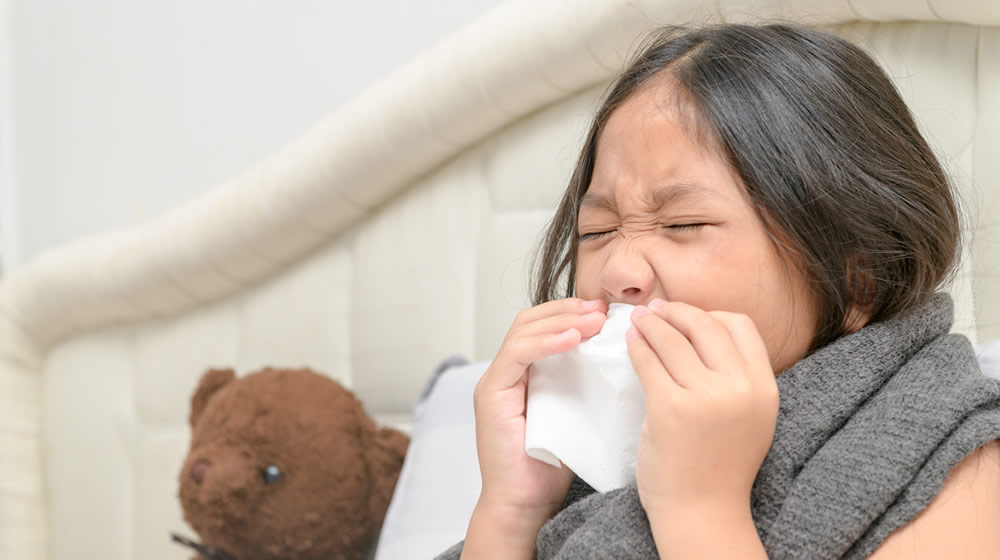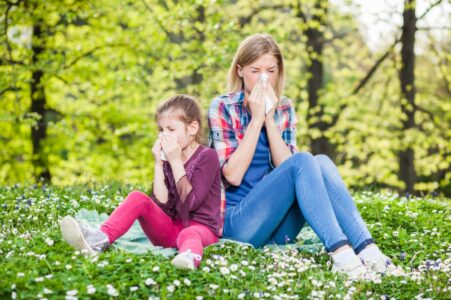Allergies/Hives
At Little Spurs Pediatric Urgent Care, we are happy to evaluate your child for their allergies either in-person or on our telemedicine service, providing trusted kids urgent care for allergy concerns! Typically, hives are allergy-related, and we can help manage these issues as well. While we can prescribe allergy medications or creams, we highly recommend that your child be seen by their primary care provider for persistent allergy attacks & allergic reactions.
Be seen at Little Spurs on telemedicine if:
- Allergies are mild
- You want recommendations for over-the-counter medications for your child
- You have tried an antihistamine for 24 hours and the itch is not relieved
- You have other concerns or questions
Be seen at Little Spurs Pediatric Urgent Care in-person if:
- Your child is short of breath
- You believe they might need a breathing treatment or stronger medications prescribed
- Your child starts acting very sick
Go to the emergency room if:
- Is having difficulty breathing or swallowing
- Has a history of severe allergic reactions




